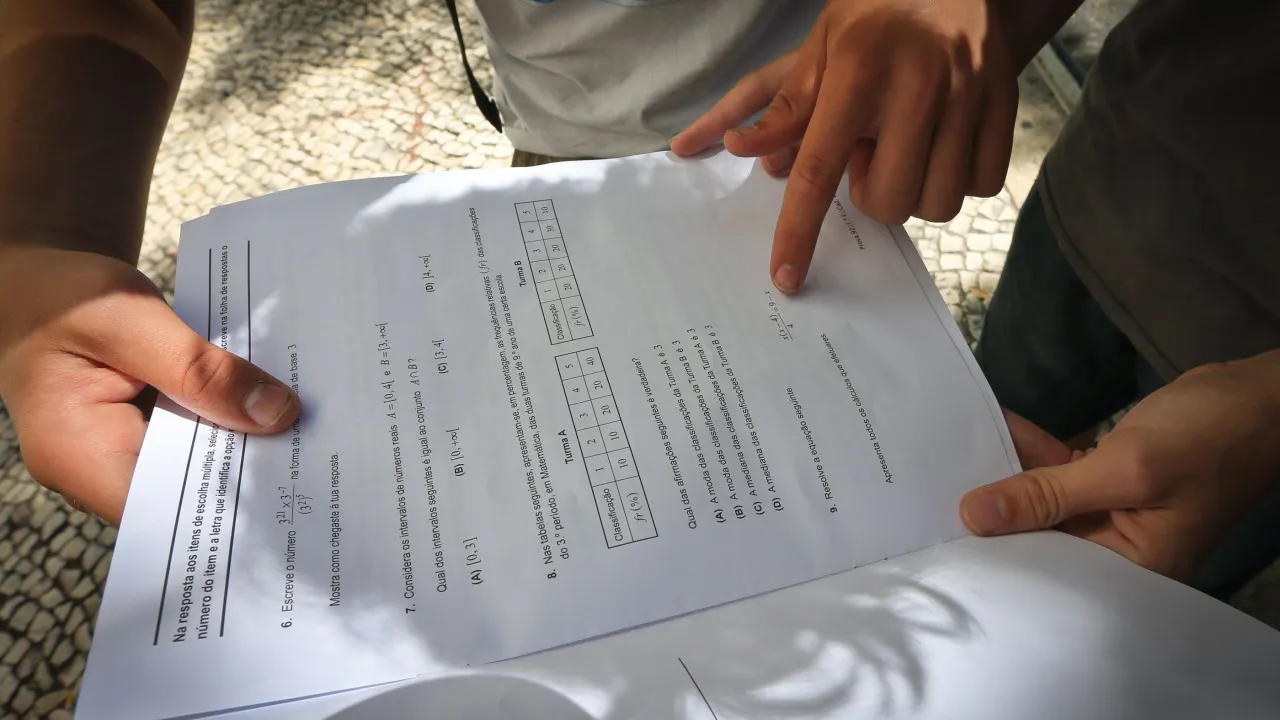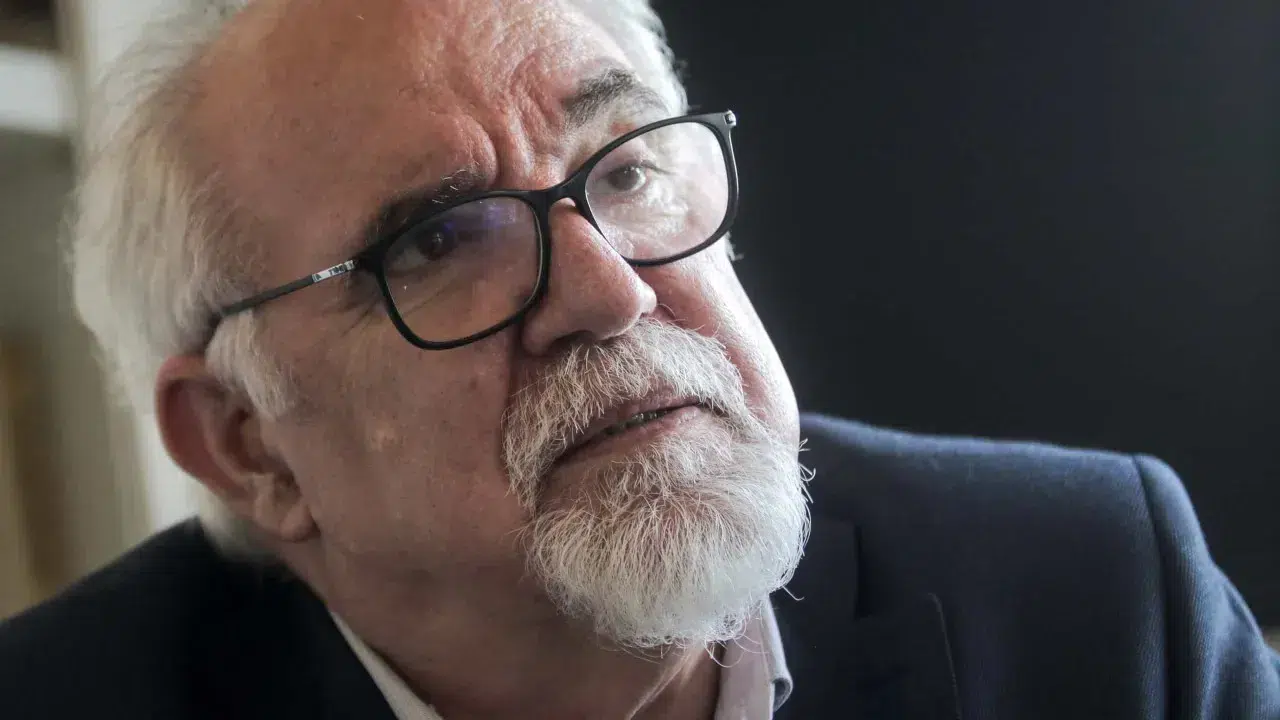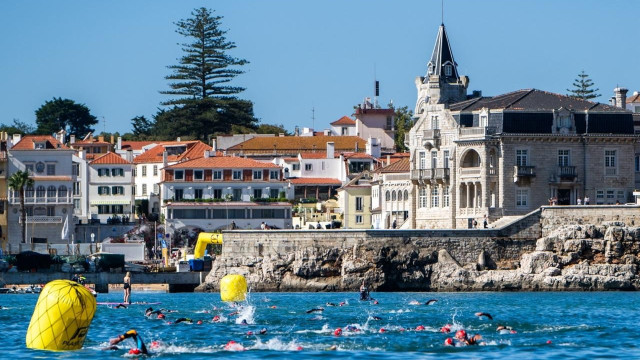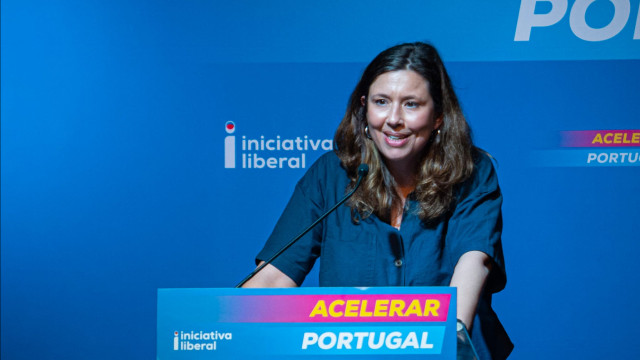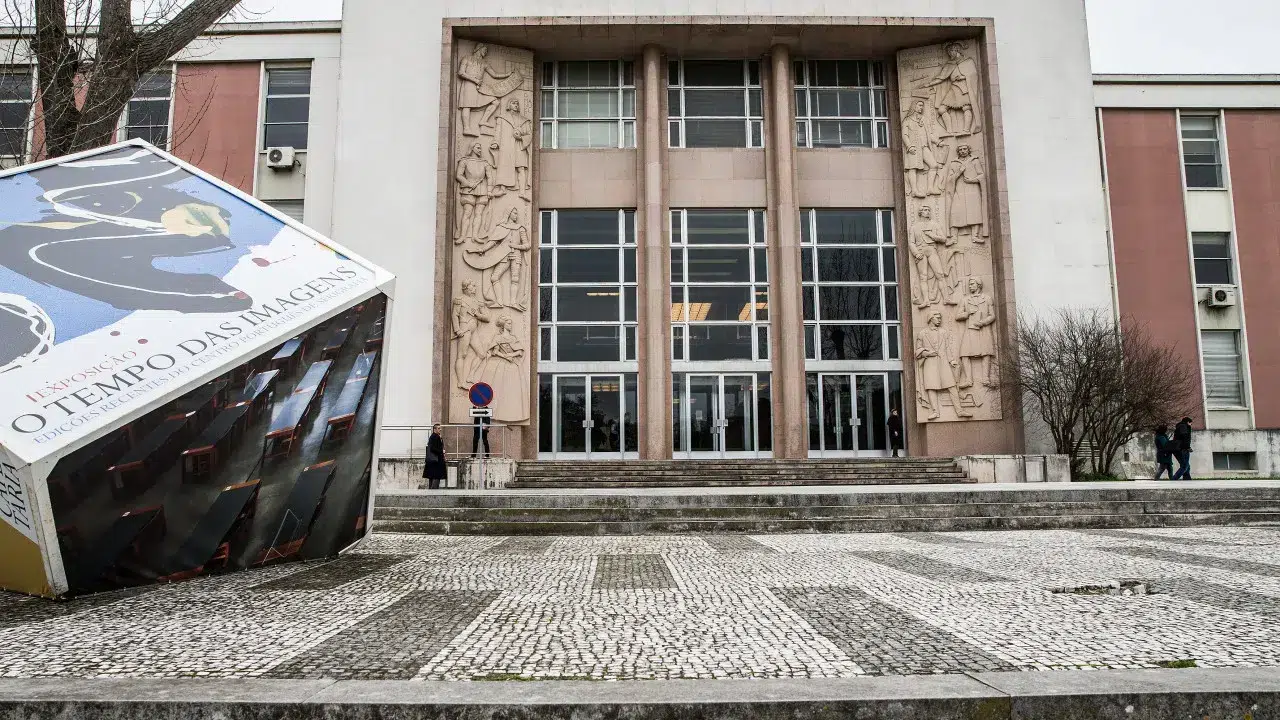
“We managed, through two projects we already had in the pipeline, to reach the final stage of the PRR for construction work,” stated Diogo Ramada Curto, the director-general of the National Library of Portugal (BNP).
At the moment, the final review of the projects is underway. “We expect to launch the construction in the coming months, which we must execute by the middle of next year. With this, we will restore the amphitheater and a reserved room,” where rare books and manuscripts are located, the director indicated.
The PRR allocates 1.1 million euros for the work on the amphitheater and the other room, with a “small contribution” from the library.
“We must comply, and we are committed to meeting that obligation,” affirmed Diogo Ramada Curto, while considering the deadlines.
The amphitheater, accessible from outside the building, will be opened to the community. The project includes renovating adjacent areas that have been unused for years.
BNP is also in the execution phase of a PRR focusing on conservation, digitization, and cataloging, valued at seven million euros.
“We received this boost from the PRR, and we are in a good phase of execution. We have already digitized, and we are now moving to the next phase, primarily making this material available,” said the director.
“When I arrived at the library [in April 2024], 11% had been executed. Currently, we are at about 60%, and we will complete this PRR,” assured Diogo Ramada Curto.
The library houses a vast collection of rare books and all current Portuguese bibliographic production in legal deposit, spread over 15 floors.
The special collections consist of rare and ancient books. “We have the largest collection of Portuguese books from the 15th century to the present (…) and one of the largest, if not the largest, collection of ancient music in the country,” he highlighted.
“These are the treasures we have, and we are striving to make them profitable,” he said.
The restoration workshops have been one of the main concerns in preserving BNP’s heritage, according to Diogo Ramada Curto. “An essential aspect is restoration, conservation, and binding. We are particularly committed. We have an extraordinary team there. It is a very dedicated team, and we are energizing these workshops.”
In BNP’s workshops, posters, printed books, and manuscripts are restored, a painstaking task that requires precision and skill.
A common restoration can take between three weeks to a month. Rare volumes, such as manuscripts with parchment, leather, and wooden pieces, require six months of attention.
A 17th-century manuscript with these characteristics is currently among the relics awaiting intervention in the workshop.
Among BNP’s treasures are also documents from Fernando Pessoa found after the poet’s death. “The so-called Fernando Pessoa’s Chest is with us, but we have many other collections here that we will seek to make available by creating digital platforms, which seems to me the fundamental leap we are trying to develop,” explained the historian.
“We are particularly committed to creating two pilot projects, the first of a digital camoniana and, secondly, in building a digital pessoana,” assured Diogo Ramada Curto.
The project related to the works of Luís de Camões is being developed in collaboration with the mission structure for the celebrations of the 500th anniversary of the poet’s birth.
“We hope, soon, to have results to present from this digital camoniana,” he announced.
The two projects will give new visibility to the special collections that BNP has seen growing, originating from writers’ and intellectuals’ estates. “We have about 230 collections,” specified the director-general.

